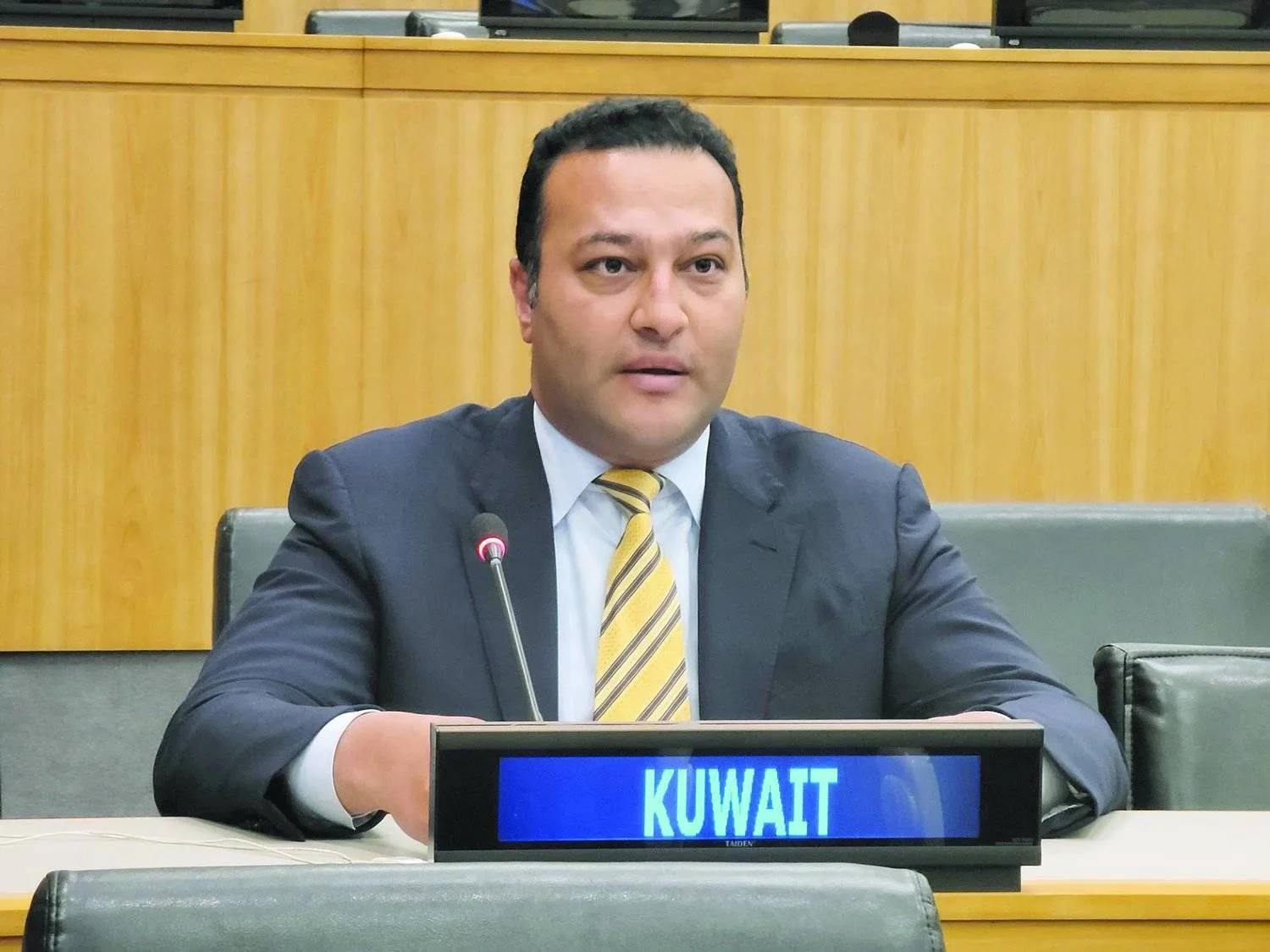Kuwait renewed its support to the Moroccan initiative for self-rule in the Sahara, reiterating the need to respect Moroccan sovereignty.
The acting Charge D'Affairs of the Kuwaiti mission to the UN, Faisal Al-Enizi, affirmed in a speech on Tuesday in front of a special committee session on the Sahara, that the GCC countries were united on the issue of the Moroccan Sahara.
Kuwait news agency (KUNA) on Wednesday quoted Al-Enizi as reflecting the GCC’s hopes that the issue would be resolved soon to solidify security and stability in the region.
He reiterated Kuwait's support of the UN and its efforts - under the supervision of the UN Secretary-General and UN special envoy Staffan de Mistura - that led to the round table meetings on the matter in December 2018 and March 2019.
The Kuwaiti official welcomed the participation of Morocco, Algeria, Mauritania, and the Polisario Front in the previous meetings in accordance with UN Security Council resolutions related to the matter.
He further hailed the positivity that prevailed in both meetings aiming at finding a political solution approved by all parties regarding the Sahara issue.









